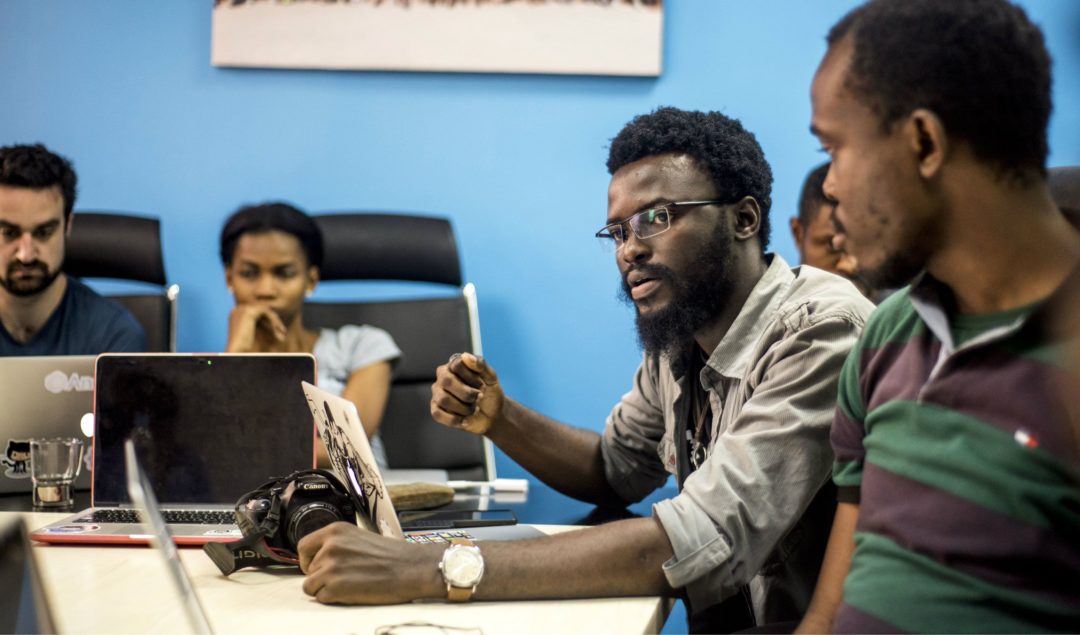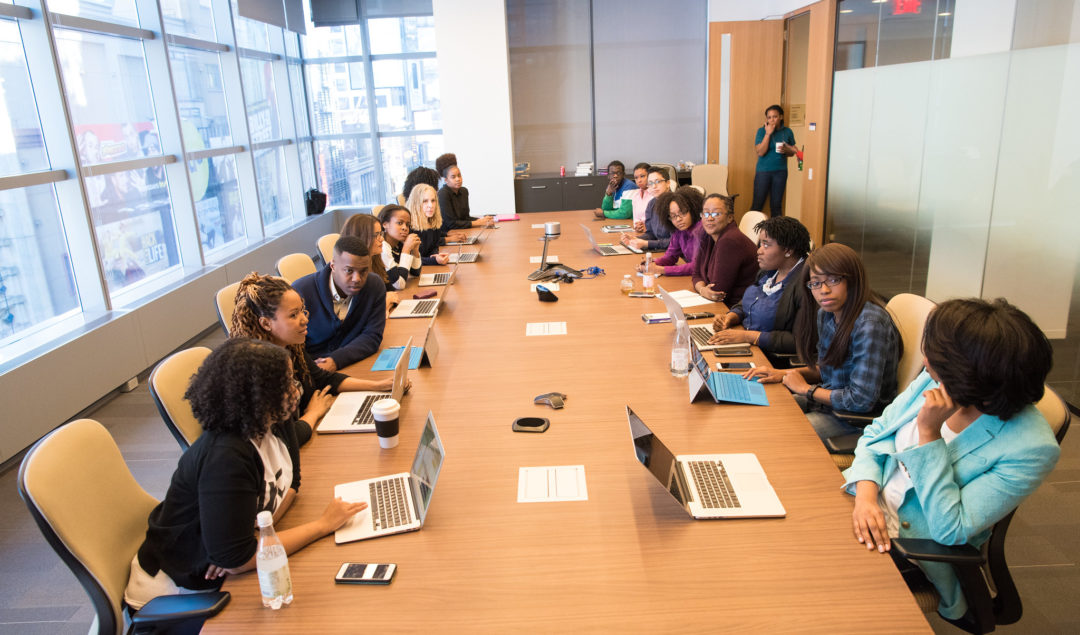Subscribe To The Techish Podcast On Apple Podcasts, Spotify, And Other Platforms. In this episode of Techish Abadesi and Michael discuss: 😱 Why GPT-3 has us shook!🤦🏾♀️ Break down of the recent Twitter hack!🐻 Is Kanye okay?💰 Silicon Valley has money for African startups – if you’re not African Extras: Techish on Patreon: Advertise with Techish: Please rate and review the Techish podcast
Across the board, facial/human recognition tools have proven to be erroneous when it comes to accurately identifying dark skin colors. These errors show up in two ways: I. The product mistakes people with dark skin for something/someone else. II. The product is unable to detect dark skin I. Product Mistakes People with Dark Skin for Something / Someone Else Google Photos Google Photos is a platform that provides users with a place to organize, manage and back up their personal photographs. It uses machine-learning technology to categorize photos with similar
Originally published by Wogrammer here. For Kishau Rogers, a love of technology starts with understanding the problems it can enable her to solve. “I like the impact. I need technology to have some meaning behind the use.” Drawn to the field of computer science while a college student at Virginia Commonwealth University, Kishau took her first job as a programmer when she was a junior in college and has been building software ever since. “I worked primarily in the research, health, and social service space, using tech to create solutions to
The detention of migrants at the U.S.-Mexico border [in every single case presented], the wrongful deportation of 7,000 foreign students accused of cheating on a language test, racist or sexist discrimination based on social media profile or appearance – what do these seemingly disparate examples have in common? In every case, an algorithm made a decision with serious consequences for people’s lives. Algorithms and artificial intelligence (AI) are starting to augment human decision-making in Canada’s immigration and refugee system, with significant implications for the fundamental human rights of those subjected to
AI ethics: Diverse teams are a great start but we need a wider cultural change in tech AI ethics is a hot topic in the tech industry. As a result of work by pioneering researchers like Joy Buolamwini we’re learning more about how algorithms can discriminate against underrepresented groups, most alarmingly ethnic and gender minorities. While AI and machine learning hold great promise, many are concerned about the impact new technology will have on society. Giants of the tech industry like Google and Facebook, government and academia are all trying
Like most children, Asta Li grew up with ambitious and ever-changing career goals. One day, she would envision herself as an artist, or perhaps a designer. Another day, it seemed as though architecture was the perfect path to pursue her interest in art. As a first-generation American, she wanted to continue something that would guarantee financial security. Asta first began coding at the age of 13, when she took a C++ class at a local community college. She settled upon this course while looking to expand her skill set, as
This article is a snippet from the postgraduate thesis of Alex Fefegha, the amazing technologist and founder of Comuzi. Here he breaks down concrete examples of racism and sexism perpetrated by A.I. So here it goes: Suggestions have made that decision-support systems powered by AI can be used to augment human judgment and reduce both conscious and unconscious biases. However, machine learning data, algorithms, and other design choices that shape AI systems may reflect and amplify existing cultural prejudices and inequalities. While historian of technology Melvin Kranzberg (1986) constructed the viewpoint
The noise about disruptive tech is deafening; Initial Coin Offerings (ICOs) creating crypto-millionaires at a pace causing even governments to worry, brain + machine interfaces and your face replacing your fingerprints/passwords. These, and other propositions that indeed make it seem like we live in a world that is moving faster than most of us can adapt to. But which of these technologies will go beyond the hype and change our lives at scale? Which of these will be a General Purpose Technology (GPT). What is a General Purpose Technology (GPT)?
When tackling culture bias in Artificial Intelligence (AI), it is important to understand how much we use AI in our everyday lives. There are quite a few applications, and while they all have different names, a few of them are becoming more familiar to the general public. There are fields such as machine learning, face recognition, computer vision, virtual and augmented reality. You can also find artificial intelligence in traffic lights, GPS navigation, MRIs, air traffic controller software, speech recognition, and robotics. The point is, unlike the 90s, when AI
Quick note before you dive in: This post (largely based on recent McKinsey Global Institute and Executive Office of the President reports) includes some doom and gloom about the negative impacts artificial intelligence may have on your life and career. The last thing I want is for you to leave feeling freaked out, so try reading to the end, where I discuss the potential AI has to change your work for the better. If you can’t make it that far, save it for later or share it with a friend













